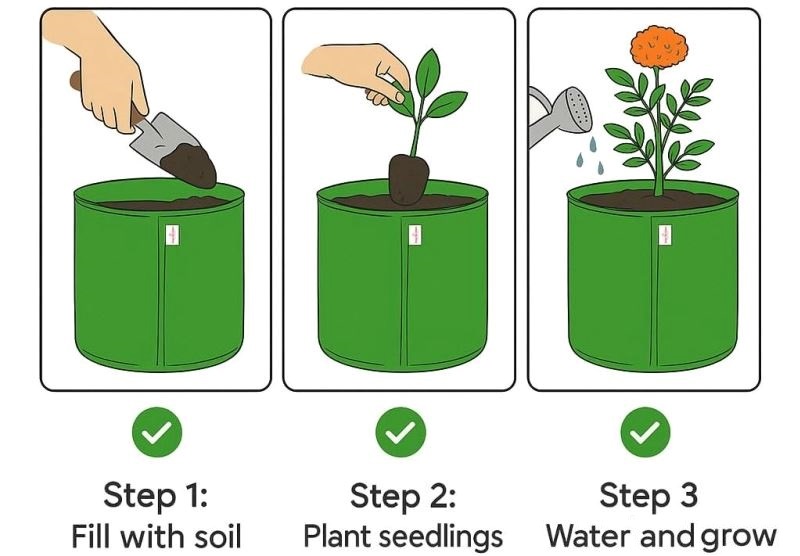
Online gaming is often seen only as escapism or entertainment, yet it now reaches well over three billion people worldwide, according to Newzoo’s 2023 Global Games Market Report. With such a massive reach, could these virtual worlds be quietly helping to protect our real one? This question drives growing interest among environmentalists and industry experts alike.
Increasingly, the gaming sector is spotlighted for its role in advancing sustainability—not just through reduced physical production, but by shaping eco-conscious behaviors, supporting conservation projects, and uniting global communities for the planet’s benefit. How, then, is online gaming moving the environmental needle? Let’s explore the multifaceted ways digital games are becoming unexpected allies in conservation.
The Environmental Footprint of Gaming
Traditional video gaming depended heavily on physical products—game discs, cartridges, plastic packaging, and resource-intensive consoles. Manufacturing, shipping, and disposing of these items demanded vast amounts of raw materials and energy, creating a significant carbon footprint. The rise of digital distribution, however, has transformed this landscape.
Downloadable games eliminate the need for packaging and reduce shipping emissions. According to the International Energy Agency, physical game production and delivery can account for up to 80% more carbon emissions than digital downloads. By moving to digital platforms, the industry conserves natural resources and cuts greenhouse gas emissions.
The same can be said about the iGaming industry. Today, many casinos have gone digital and accept players online. This has reduced harmful emissions into the environment and started saving natural resources. Take Plinko, for example, one of the most popular games. Previously played in physical casinos, it is now available in online casinos. It can even be played on Android and iOS smartphones. For example, you can find here Plinko apps for Android devices.
Nevertheless, the shift brings new challenges. With the surge in data-heavy cloud gaming, energy use has transferred to large server farms. These centers require constant power and cooling, prompting concerns about their growing electricity demands. Still, many companies are now investing in renewable energy for these data centers, aiming to balance digital convenience with environmental responsibility.
Eco-Conscious Themes and Community Engagement
Game developers increasingly use their platforms to weave environmental themes into gameplay. Titles like “Animal Crossing: New Horizons” gently encourage players to plant trees, conserve resources, and protect wildlife. “Alba: A Wildlife Adventure” focuses on habitat restoration and challenges players to become stewards of their virtual environment.
Even large franchises incorporate green messages—certain quests in “Minecraft” teach resource management or renewable energy concepts.
These themed storylines go beyond mere entertainment. When players are tasked with saving endangered species or cleaning up polluted beaches in a virtual world, they often carry those lessons into real life. Research published in Nature Sustainability shows that exposure to eco-themed media can measurably increase environmental awareness and inspire behavioral change.
Partnerships between game studios and environmental groups further amplify this effect. For example, Ubisoft’s collaboration with the United Nations for the “Play4Forests” campaign used gaming events to raise awareness about reforestation. Similar in-game events act as digital campaigns, connecting players with sustainability causes both inside and outside the game world.
Reducing Electronic Waste Through Digital Platforms
Electronic waste, or e-waste, is a growing global concern, referring to discarded electronics like outdated consoles, physical discs, and gaming accessories. The United Nations estimates that over 50 million metric tons of e-waste are generated every year worldwide, much of which contains hazardous materials that pollute soil and water.
Online gaming’s shift to digital libraries helps mitigate this issue. With more people purchasing games online and accessing cloud-based services, the need for new hardware and physical copies decreases. Players can now store hundreds of titles on a single device or access games from a subscription service, greatly reducing outdated hardware and media.
Some companies have taken additional steps by designing consoles and accessories from recyclable or biodegradable materials, and by promoting repairability over rapid replacement. Xbox, for example, announced its commitment to using post-consumer recycled resins in its hardware and packaging as part of its broader sustainability initiative. These strategies help minimize the industry’s contribution to the global e-waste crisis.



